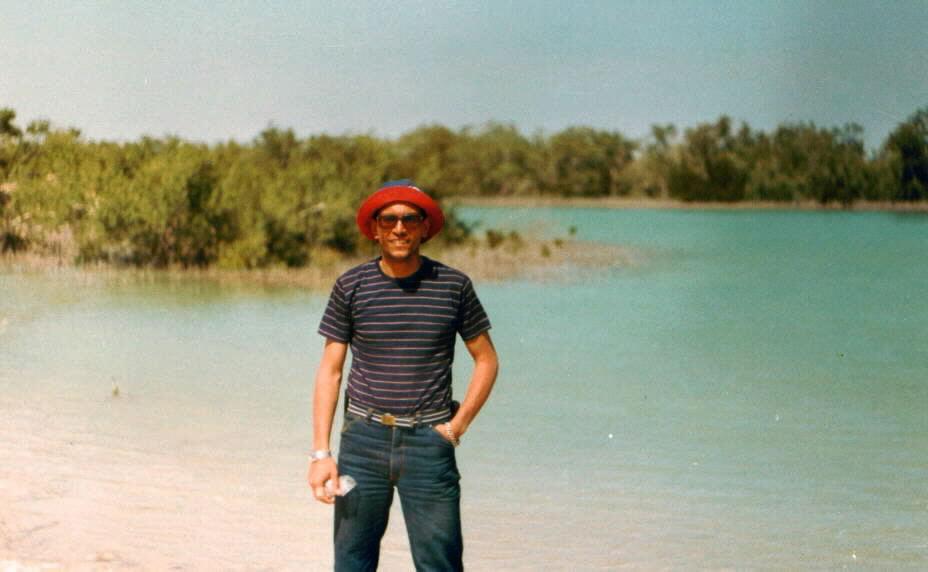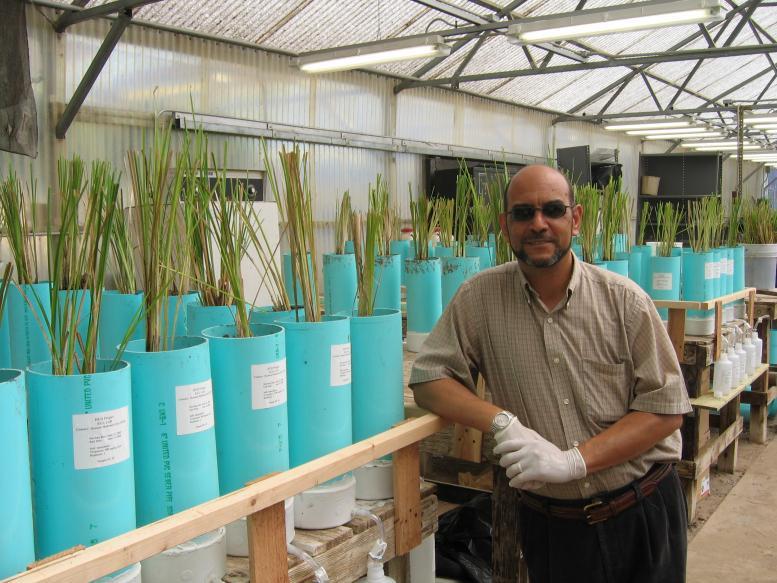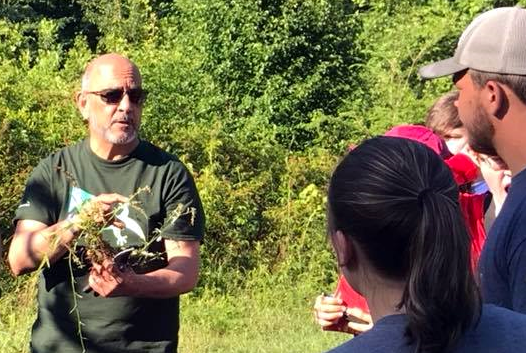My Legacy

EDUCATION
Ph.D. in Botany (Plant Biology), 1992. Alexandria University, Egypt/Tübingen University, Germany.
M.Sc. in Botany (Plant Biology), 1986. The University of Alexandria, Egypt.
B.Sc. in Biology - Botany, 1981. University of Alexandria, Egypt.

ACADEMIC APPOINTMENTS AND WORK EXPERIENCE
2014-Present: Professor. Dalton State College, Department of Life Science. School of Arts and Sciences. Dalton. GA.
2007-2014: Adjunct Faculty. University of Tampa, Biology Department. Tampa. FL.
2007-2014: Adjunct Faculty. Hillsborough Community College, Tampa. FL.
2004-2005: Post-doctoral Associate. Earth & Environ Sci Dept. The University of Texas at San Antonio, TX.
1992-2000: Assistant Professor of Plant Biology. Alexandria University, Department of Environmental Sciences, Egypt.2000-2003: Post-doctoral Associate. Dept Plant & Microbial Biology. The University of California, Berkeley, CA.
1981-1989: Instructor of Plant Biology. Alexandria University, Botany Dept. Egypt.1989-1992: Ph.D. Scholar. Tübingen University, Tübingen, Germany.

PROFESSIONAL RESEARCH ACTIVITIES
My research is highly diverse and focuses on plant-habitat interactions, particularly the ecology of plants in extreme environments. My research is employing innovative combinations of laboratory, field, and theoretical approaches to select the suitable phytoremediation technique to clean up the contaminated ecosystems on spatial and temporal scales. Recently, I extended my research to assess the influence of anthropogenic perturbations such as urbanization or agricultural and industrial pollution on plant diversity in natural ecosystems and identify the bioremediation technique to clean up the contaminated sites by heavy metals and organic pollutants.

TEACHING
Bioremediation,
Ecology, Botany,
General Biology,
Plant Anatomy and Morphology,
Plant Taxonomy, and
Ecology of Plants.
